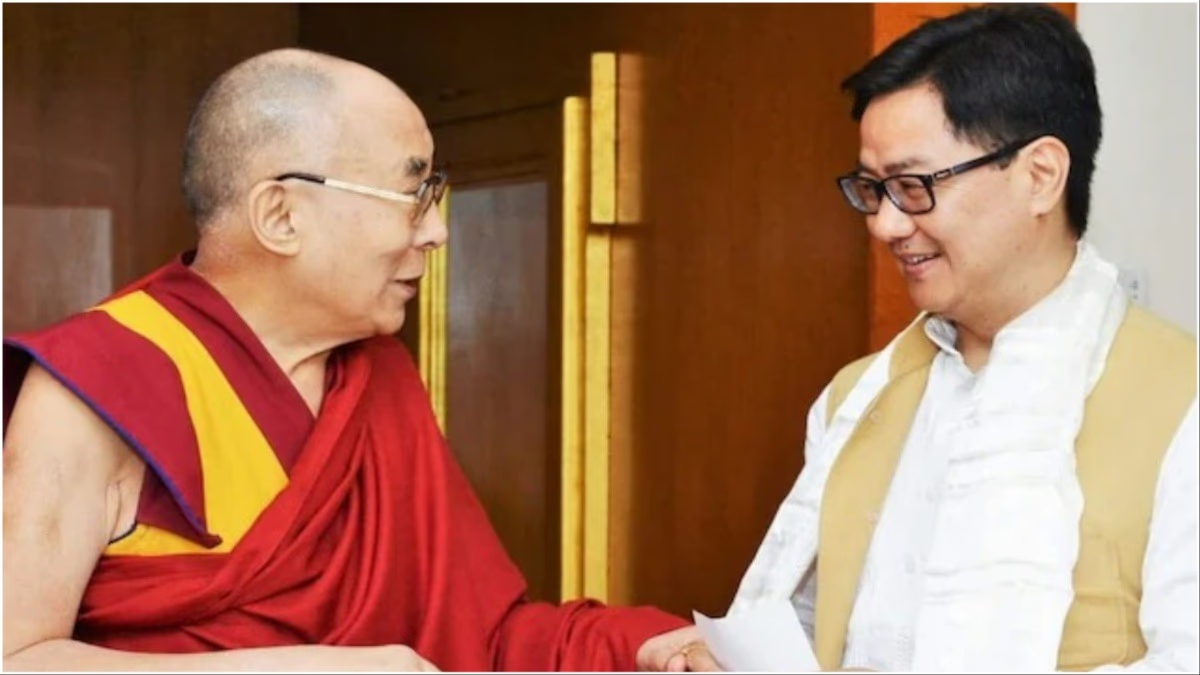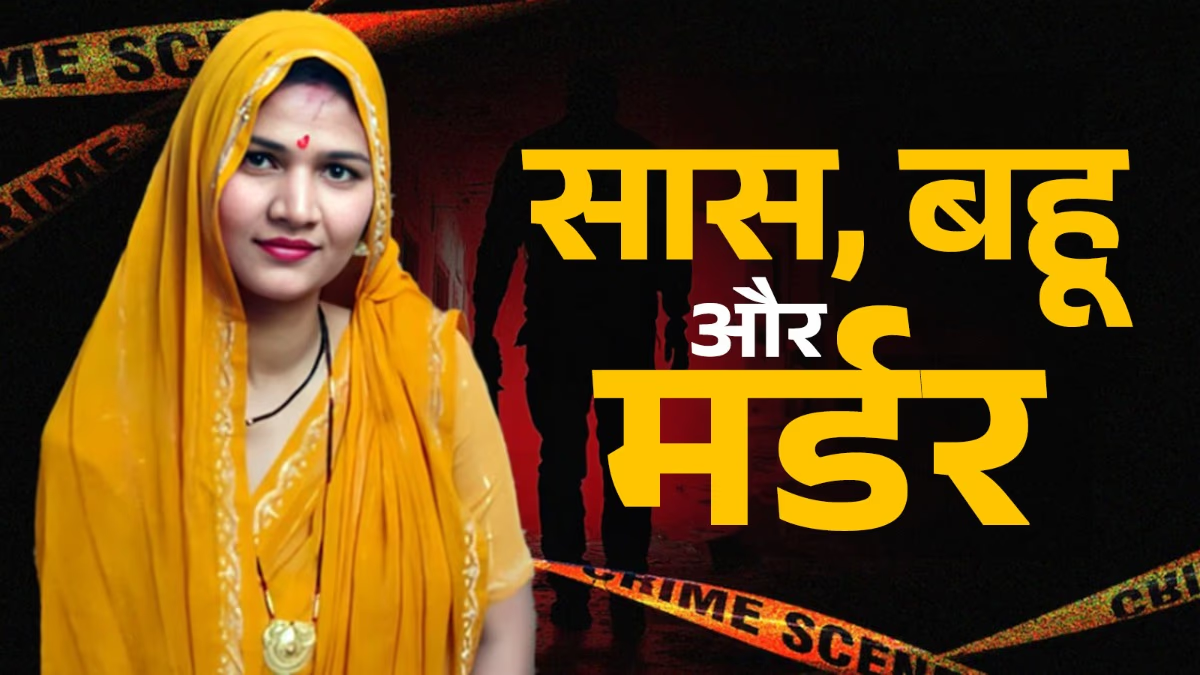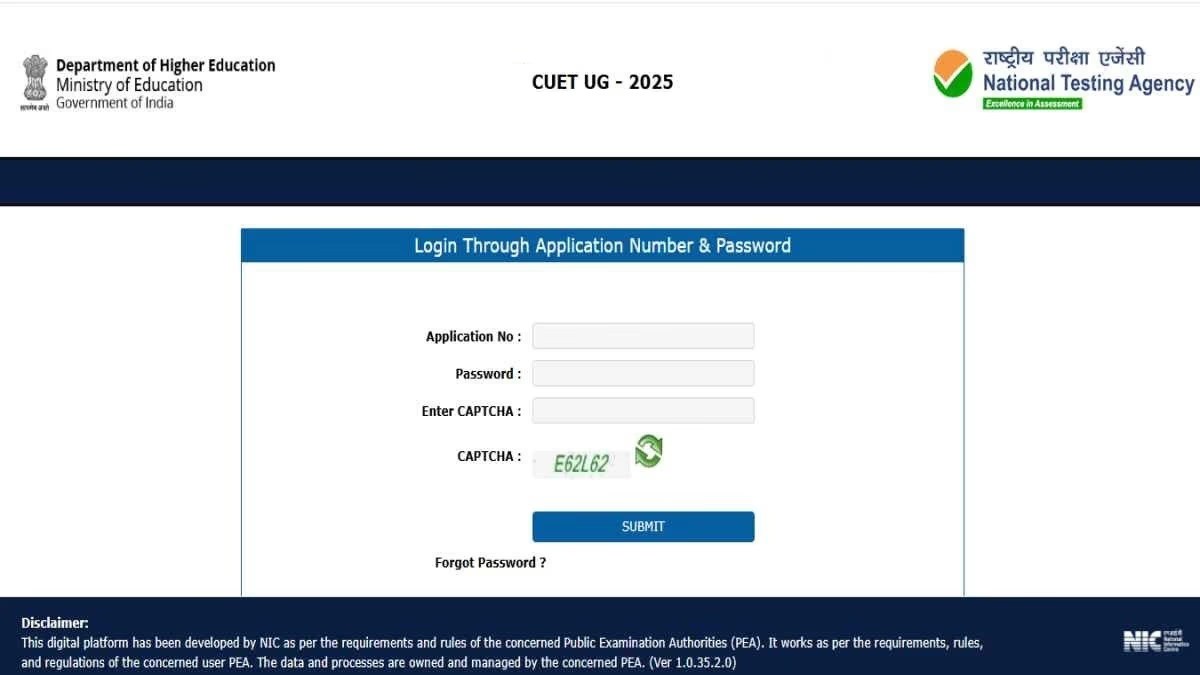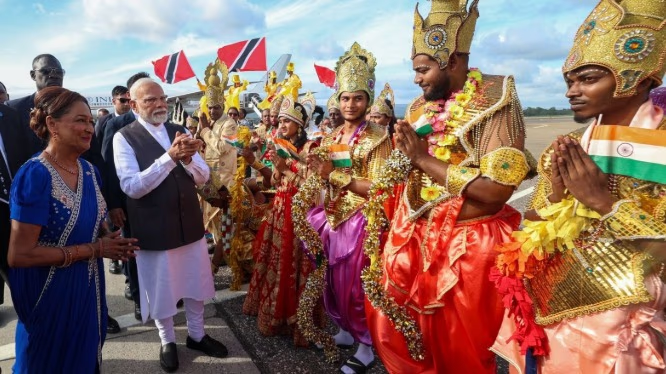On Friday, China expressed disapproval over the comments made by Minister of Minority Affairs Kiren Rijiju, who insisted that the selection of the next Dalai Lama should be made by the Dalai Lama himself. China urged India to exercise caution on Tibetan-related issues to maintain amicable bilateral relations.
Responding to Rijiju's comments, Chinese Foreign Ministry spokesperson Mao Ning stated during a media briefing that India should be aware of the anti-China separatist nature of the 14th Dalai Lama and respect its commitments on issues concerning Xizang (Tibet), as China refers to it.
Mao advised that India should exercise caution in its words and actions and cease interfering in China's domestic matters relating to Tibet. He emphasized India should avoid obstructing the improvement and development of Sino-Indian relations.
What did Minister Rijiju say?
On Thursday, Rijiju stated that the decision regarding the Dalai Lama's reincarnation should be made by the Dalai Lama and the established institution of Tibetan Buddhists, without outside intervention. This marked the first response from an Indian leader after the Dalai Lama commented on his succession.
Statement from the Foreign Ministry
The Ministry of External Affairs also issued a statement concerning the recent remarks by the Dalai Lama. In response to media inquiries, MEA spokesperson Randhir Jaiswal conveyed that the Indian government has heard the Dalai Lama's statement about the continuation of the institution. The government traditionally remains neutral on matters concerning faith and religious practices and consistently upholds religious freedom for everyone in India.
What did the Dalai Lama say about his succession?
On Wednesday, Tibet's spiritual leader, the Dalai Lama, indicated that the institution would persist and only the Gaden Phodrang Trust—established by his office in 2015—would hold the authority to recognize his future reincarnation.
With the Dalai Lama nearing 90, questions about his succession have been growing. However, he stated in his book, 'Voice for the Voiceless,' that his next reincarnation would occur outside China, in a free world.
Rijiju's remarks on the Dalai Lama came shortly after China dismissed the Dalai Lama's succession plan, stating that any future successor must receive China's approval.
A practicing Buddhist, Rijiju, and fellow Union Minister Rajeev Ranjan Singh will represent the Indian government at the Dalai Lama's 90th birthday ceremony in Dharamshala on July 6. The minister affirmed that the birthday celebration is a religious event without any political affiliations.
Chinese Approval Necessary for New Dalai Lama
During a press conference, Mao Ning reiterated China's viewpoint, asserting that strict religious rituals and historical traditions must be observed for the reincarnation search of the Dalai Lama and the second-highest monk in Tibetan Buddhism, the Panchen Lama. This process involves drawing lots from a golden urn followed by approval from the Chinese government.
Mao emphasized that the current 14th Dalai Lama went through this process and was approved by the government at that time.
He further insisted that the Dalai Lama should uphold the principles of reincarnation and adhere to religious rites, historical customs, and Chinese law and regulations.
Reflecting on Rijiju's comments, Mao cited the mending Sino-Indian relationship, which had deteriorated after the Galwan Valley clashes in 2020, where troops from both nations faced off.
After a four-year standoff, efforts are underway to restore Sino-Indian ties. Dialogue between Prime Minister Narendra Modi and Chinese President Xi Jinping at last year's BRICS summit in Kazan, Russia, has led to restored relations and several high-level meetings.
In a positive development, China has recently resumed the Kailash Mansarovar pilgrimage for Indian pilgrims, marking a good step towards normalizing relations.




